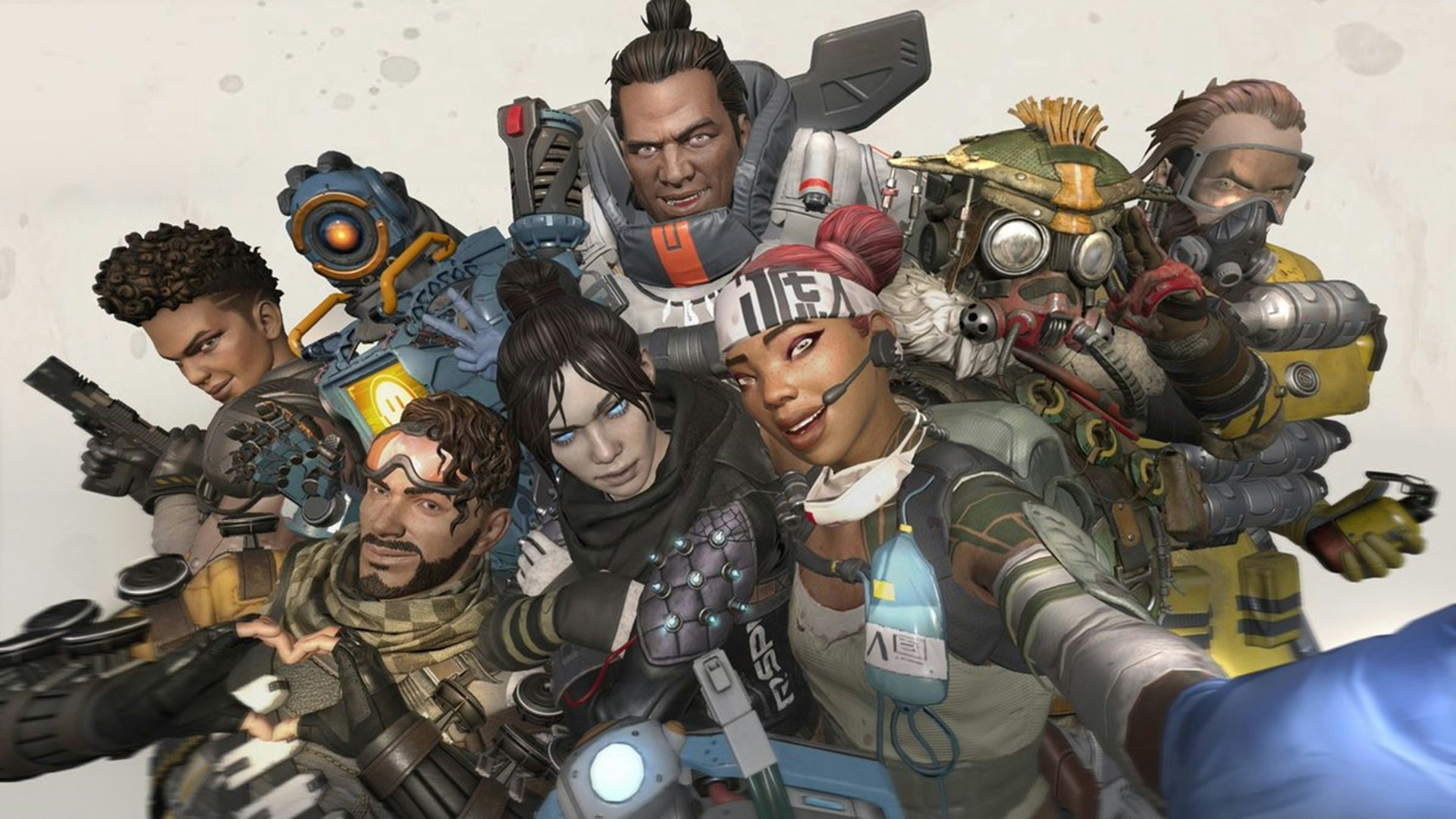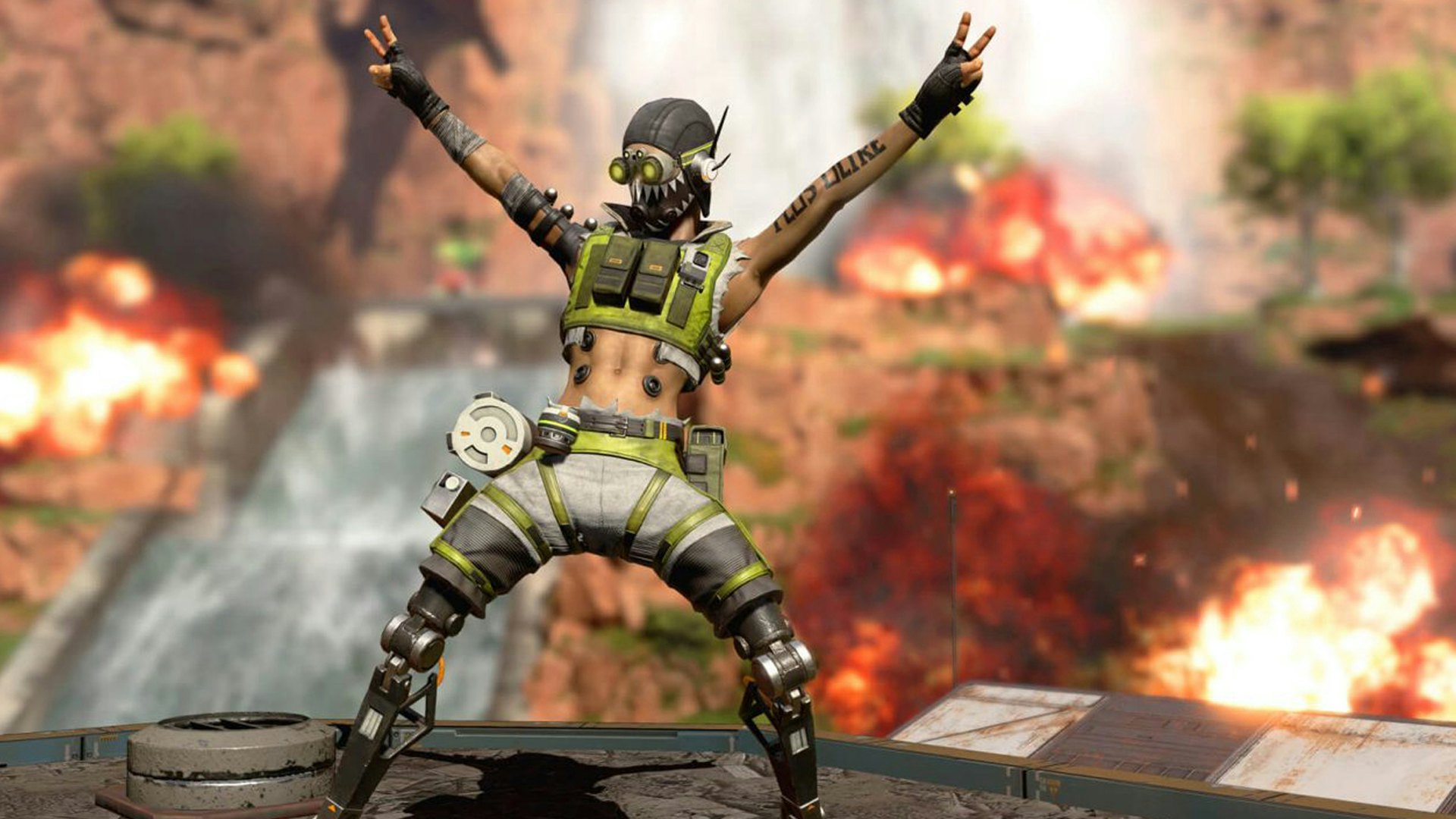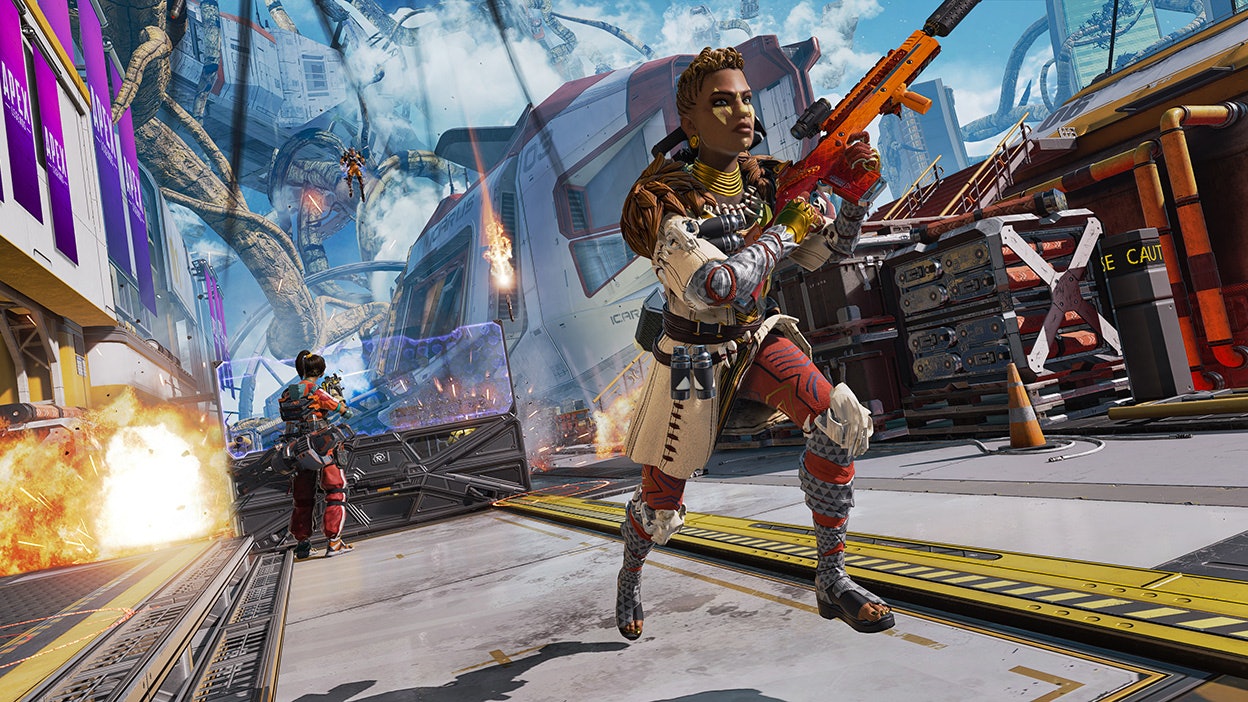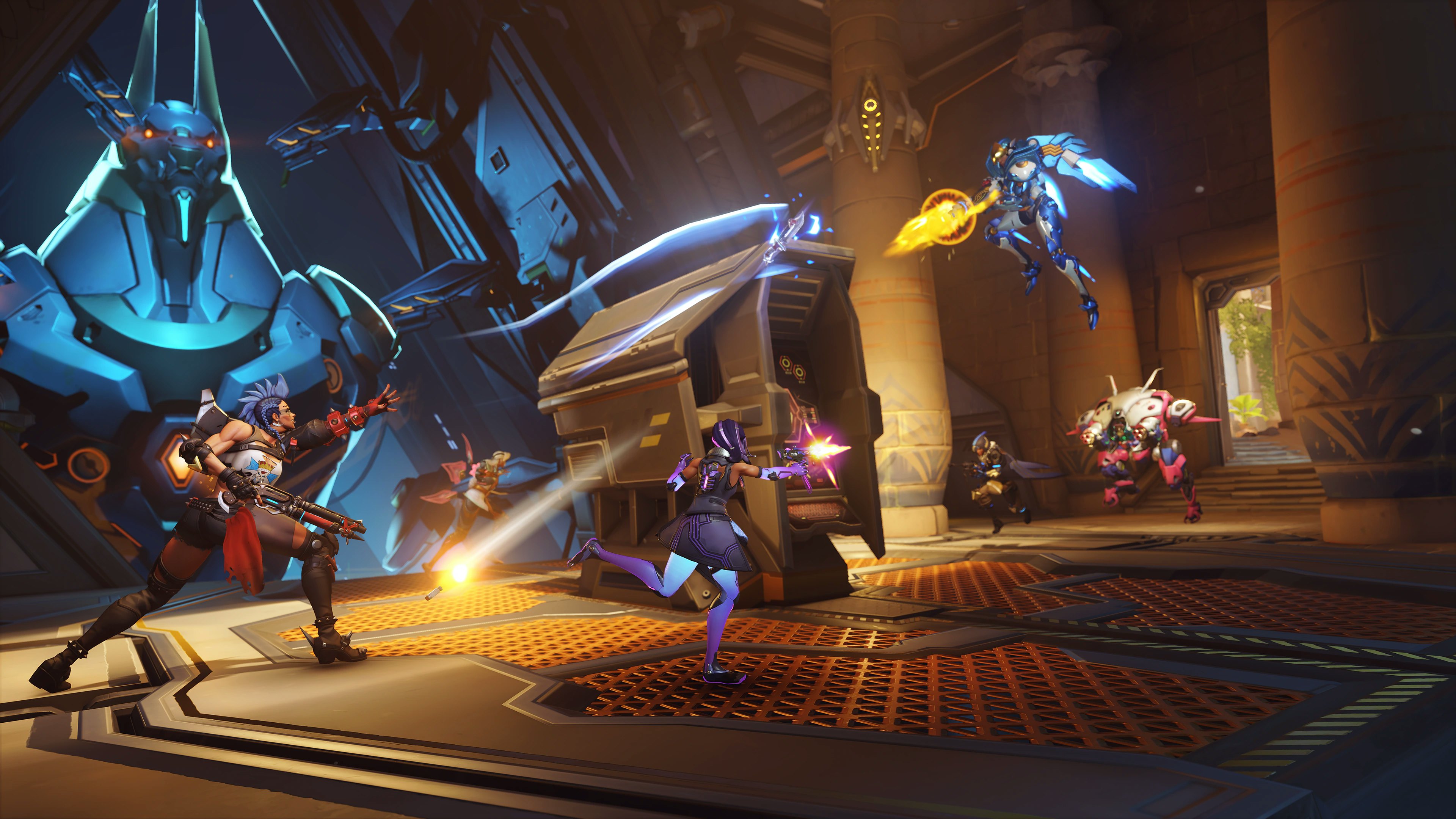
A sequel to Apex Legends is not in the cards right now. Instead, leadership at the game’s publisher Electronic Arts is focused solely on supporting the current iteration of the popular live-service shooter.
During its quarterly earnings call on Tuesday, EA CEO Andrew Wilson told investors that the company will avoid doing a “Version two” type overhaul for Apex Legends, as the industry dictates that a live service sequel wouldn’t surpass the popularity of the original. The executive posited that it may have a more negative effect than intended.
Wilson shared his comments in response to an investor asking about the current state of the game. Player numbers were down this past quarter according to the company’s presentation, and developer Respawn Entertainment is currently working on what it’s calling a “systemic rethink” of what the game has to offer its dedicated player base. The investor asked if the team was considering a larger scale rebuilt game in “something like an Apex 2.0” as they reevaluated the game's future.

“What we have seen in the context of live service-driven games at scale is the 'version two' thing has seldom been as successful as the 'version one' thing,” Wilson said. “The objective right now is to ensure that we are continuing to support the global player base that we have, and deliver them new, innovative, creative content on a season-by-season basis.”
Delivering new content for the game must always account for the old stuff players have earned over the last five years, Wilson said.
“Anytime we cause a global player community to have to choose between the investments they've made to date and future innovation and creativity, that's never a good place to put our community in,” he said.

Wilson’s response reflects a decision backed by observing broader industry trends in the live service market. While the traditional video game business model has typically thrived by releasing sequels that expand on an original idea, these ongoing experiences don’t work the same way. Incremental but meaningful innovations have worked like a charm, keeping games like World of Warcraft, Warframe, and Call of Duty Warzone fresh for players. And while some updates prove to be less popular than others, developers working within the same framework can always respond to feedback accordingly with the next season’s update.
The few examples of live-service games that have released proper sequels have proven to be big risks with little reward. Except for maybe Destiny 2, these sequels have often failed to live up to the original. The sequel to the console-friendly MOBA Smite has split the fanbase instead of migrating them to a newer, more technologically sound game. EA’s own Plants vs. Zombies 3 has undergone months of testing before being removed from app stores earlier this month for an overhaul.
The most prominent example is Overwatch 2. The free-to-play sequel made some big balance changes and reduced team sizes while promising single-player and PvE content. But it stumbled by taking away six years worth of cosmetics players earned in the first game. When the game launched in 2022 without most of the features players were promised, they were left wondering why a sequel existed in the first place. Ultimately, Blizzard has decided that reverting to the status quo of the original is the best way forward, rendering the entire point of the sequel pointless.

Sticking with and course-correcting Apex Legends is a far wiser decision for EA and Respawn than cutting its losses and hitting the reset button. It remains one of the select few live service games with a healthy audience, even if this past quarter saw a dip in player count. With the right plan, it can pull those disillusioned players back in.
The game’s decline in players EA reported Tuesday comes just a few months after the game’s community rejected a reworked version of its periodical battle pass. Respawn essentially split the single battle pass into two separate battle passes for the same price and removed the ability to buy battle passes with currency earned during matches.
While the company touted this as an opportunity for players to earn more unlocks per three-month season, players weren’t convinced. The developer eventually walked back its decision and is letting players buy their battle passes with real money and in-game currency.







